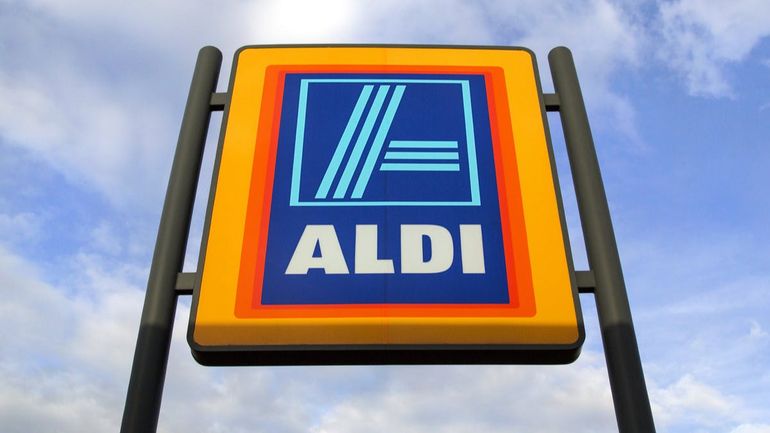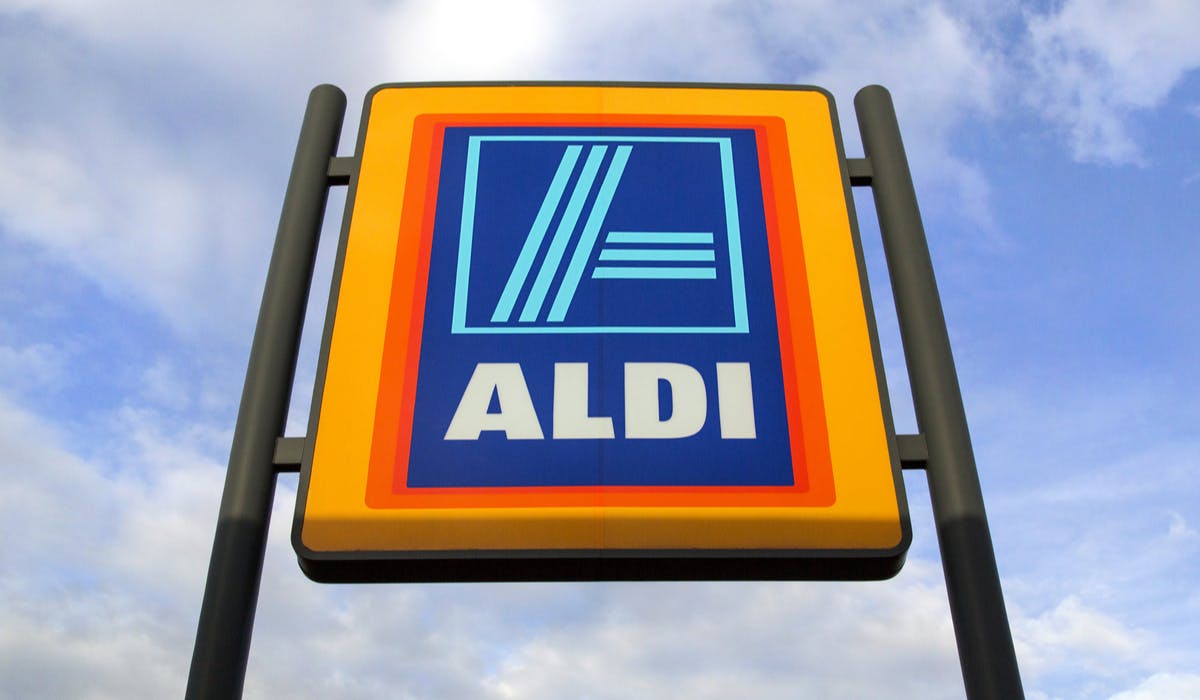
ASA rules against Aldi in price comparison dispute with Sainsbury’s

Following complaints from Sainsbury’s, the ASA has found Aldi’s price comparison claims to be misleading, leading to a ban on the ad.
Aldi
Aldi has been rapped by the Advertising Standards Authority (ASA) for making misleading price comparison claims against Sainsbury’s.
Aldi released a national press ad on 6 December, just before Christmas. The ad was a four-page wrap-around featuring a picture of a whole roast turkey, vegetables, Yorkshire puddings, stuffing, and gravy. The text read, ‘The home of Britain’s cheapest Christmas dinner. Why go anywhere else?’.
The ad also included additional text in roundels stating ‘Reviewed by Which? Budget-friendly Christmas Dinner’ and ‘2022 price locked’. Subsequent pages compared the prices of Aldi ingredients to those of Sainsbury’s and claimed that Aldi was 20% cheaper according to Which? analysis.
Sainsbury’s was the only one who complained about the price claims, questioning if they were misleading, verifiable, and if the '2022 price lock' claims were also deceptive.
The ASA agreed with all three complaints. It recognized Which? as a trusted consumer information source, but emphasized that companies must back up their claims when referencing it in their advertising.
The ad watchdog found that readers may mistakenly think the ad referred to all UK supermarkets when only seven were actually included in the comparison.
Aldi's claim of being "Britain's cheapest Christmas dinner" was deemed misleading because both Aldi and Lidl were named as 'budget-friendly Christmas dinner' award winners by Which?, with only a 4p price difference between them. As a result, Aldi did not receive the 'cheapest Christmas dinner' title as implied in the ad.
The ASA ruled that the ad was misleading in terms of the comparison basis. They pointed out that the food items shown in the ad were different from those used in the price comparison done by Which? The ad showed a whole turkey, Yorkshire puddings, and stuffing, while the comparison included a turkey crown only.
Aldi admitted that while some products in the comparison did not exactly match, they believed that they were still a good representation. They also mentioned that consumers could easily verify which products were being compared.
The analysis by Which? also took into consideration the variations in product weights among different retailers. However, the Advertising Standards Authority (ASA) did not think that this information was clearly presented in the advertisement, potentially causing further confusion for viewers.
The ruling also pointed out criticism for directly comparing prices to Sainsbury's. According to the CAP Code, comparisons with specific competitors must be verifiable. This means that consumers should have enough information, or a link to it, to understand the comparison.
Since these crucial elements were presented on separate pages of the advertisement, it was noted that some consumers may only see the claims and miss out on the verification.
Aldi claimed that the fine print in the advertisement, which provided more information about the comparison, was easy to see and presented in a similar way to other advertisements.
The ASA determined that Aldi's price lock statement in their advertisements was deceptive. Items such as gravy, stuffing, and Yorkshire pudding were not part of Aldi's price lock guarantee, nor were some of the products mentioned in the Which? comparison.
Sainsbury’s is focused on competing with discount rivals Aldi and Lidl. In November, it saw a strong increase in sales for the first half of the year, partly due to taking market share away from the discount supermarkets.
By targeting sales at both the lower and higher price points, Sainsbury’s has reached its highest market share in ten years. The sales of its premium range, Taste the Difference, have also increased along with the promotion of its Aldi Price Match guarantee.
Sainsbury’s experienced a significant increase in grocery sales during its third financial quarter, particularly during the Christmas period, with sales rising by over 9%. According to Kantar Worldpanel, Sainsbury's was the only 'full choice' supermarket to witness volume growth in a market that is increasingly dominated by 'limited choice' discounters.
Food retailers are increasingly resorting to legal action or official complaints to resolve disputes. Recently, Tesco lost an appeal against a High Court ruling that prohibited the use of a yellow roundel device to highlight its Clubcard Prices. This decision came after rival Lidl claimed that the design was too similar to its logo, a claim that was upheld by the courts.
Editor's P/S:
Aldi's misleading price comparison claims against Sainsbury's have been exposed by the Advertising Standards Authority (ASA). The ASA found that Aldi's ad was misleading in terms of the comparison basis, the use of specific competitors, and the '2022 price lock' claims. This ruling highlights the importance of companies being transparent and accurate in their advertising, especially when making price comparisons.
The case also sheds light on the increasing competition in the grocery sector, with discount retailers like Aldi and Lidl challenging established players like Sainsbury's. Sainsbury's has responded by targeting sales at both the lower and higher price points, leading to increased market share and sales. The use of legal action or official complaints to resolve disputes in the food retail industry is also notable, as it suggests that companies are willing to take aggressive measures to protect their interests. effectiveness of its dual approach, targeting both low-priced and premium products. Meanwhile, the legal battles between food retailers underscore the importance of protecting brand identities and preventing unfair competition. The ASA's ruling and the Tesco-Lidl case emphasize the need for ethical and transparent practices in the industry.














